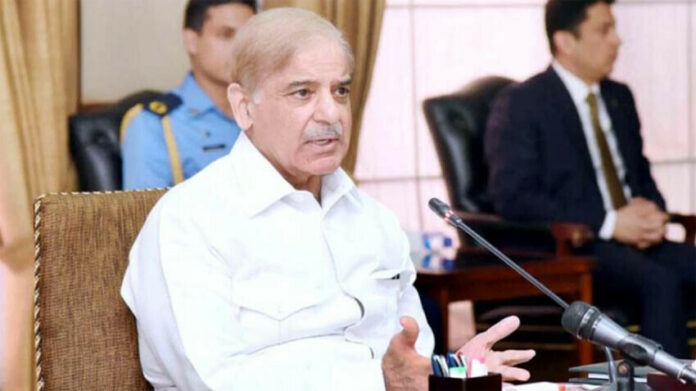Days before the federal budget, Prime Minister Shehbaz Sharif has directed ministries to identify redundant government organisations for closure and to resolve outstanding issues related to power sector subsidies. These instructions come as part of efforts to streamline public spending and finalise key budget components ahead of the 2024–25 fiscal year.
According to government sources, the prime minister, after a detailed briefing on the budget, constituted around half a dozen committees to address unresolved matters. These include the winding up of unnecessary institutions, review of subsidies, and finalisation of the Public Sector Development Programme (PSDP). The directives were issued 10 days prior to the budget’s scheduled presentation in the National Assembly on June 2 by Finance Minister Muhammad Aurangzeb.
The PM has asked all ministries to review the “pink book” — a budget document listing development schemes — and identify dysfunctional or obsolete organisations for dissolution by May 24. This exercise is part of a broader cost-cutting agenda which previously saw the cabinet committee on rightsizing conduct a five-phase review with limited success. A federal rightsizing committee is now re-evaluating the role of state-owned enterprises, with a deadline of December 2025 to complete its recommendations.
Officials said that nearly 40,000 posts have already been abolished or declared dying positions. Of these, 11,558 — or 29% — were grade-1 posts such as peons, sweepers, and gardeners. Abolishing these positions is expected to save Rs36.3 billion annually, with Rs7 billion of the savings linked to grade-1 reductions.
The PM has also asked the Finance Minister to submit a summary of key budget initiatives that will shape the narrative of the budget speech. The government’s media wing and finance ministry have been tasked with crafting a favourable public messaging campaign around the budget.
In parallel, the Planning and Finance ministries have been asked to hold consultative sessions with line ministries to review proposed projects for 2025–26. The review must be completed by Friday, with the aim of including only those development projects in the PSDP that can be fully funded given tight fiscal space.
Deputy Prime Minister Ishaq Dar is expected to chair a meeting to finalise the PSDP. Disagreements persist over the proposed Rs921 billion PSDP size, which the Planning Ministry and coalition partners deem insufficient.
Another unresolved issue involves discretionary funding under the parliamentarians’ Sustainable Development Goals Achievement Programme (SAP). Although Rs50 billion was originally allocated for this year, actual spending is expected to exceed this figure. For 2025–26, pressure is mounting to increase the allocation. At the 45th steering committee meeting of the SAP, chaired by Ishaq Dar on Thursday, it was decided that unallocated funds would be surrendered, though only Rs2 billion remains unspent. Dar emphasised the need to involve local communities in development planning and ensure alignment with SDGs.
The PM has also urged the Finance and Power ministries to finalise the quantum of power sector subsidies. Despite a meeting between the two ministries on Thursday, no resolution was reached. The government has set aside Rs1.04 trillion — roughly 0.8% of GDP — for power subsidies in the next fiscal year, but the Power Division is seeking an additional Rs180 billion, citing expected revenue from the petroleum levy. Shehbaz Sharif had earlier increased the levy by Rs10 per litre to help reduce electricity prices by Rs1.71 per unit.
Instructions were also issued for the Petroleum Division to resolve input tax adjustment issues affecting refineries, in coordination with the Finance and Revenue divisions, by Saturday.
Meanwhile, the final stages of negotiations with the International Monetary Fund are expected to conclude today. Officials described the Federal Board of Revenue (FBR) as the main sticking point in the talks, with IMF staff reportedly questioning the reliability of FBR commitments made during staff-level negotiations in March.




